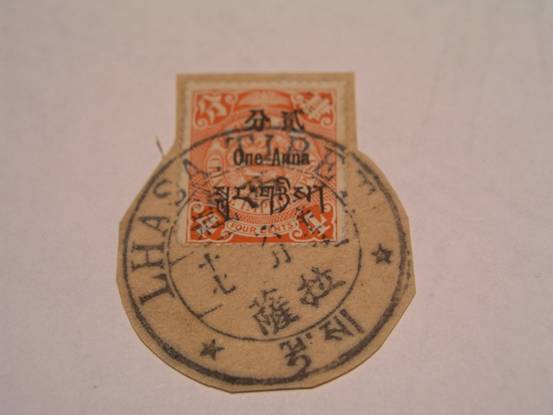Recently, the Olympic torch relay was disrupted and sabotaged by Tibet secessionists and their supporters in London and Paris. This reminded me of what the French politicians did about two decades ago and my then debate with them.
Actually, the French public knows little about China. Their very ignorance was exploited by Tibet separatists and their followers. After the Lhasa unrest in April 1989, France's then first lady, Madame Danielle Mitterrand, also president of Association France-Libertes met Dalai Lama in Paris, expressing her concerns about the human rights issue in Tibet and hopping China could end the curfew on Lhasa as soon as possible. In October 1990, when Dalai Lama arrived in France to promote his French-version autobiography, My Land and My People, he was met by the then French vice foreign minister and was received by Madame Mitterrand at the headquarters of Association France-Libertes.
Later, the French National Center for Scientific Research's Department of Humanities and Social Science held a seminar on Tibet issues. As the first secretary in the Chinese embassy in France, I took part in the meeting. I briefed the Tibetan history, emphasizing that Tibet has been part of China since hundreds of years ago. Dating back to 1279 AD, Tibet became an administrative region directly governed by the central government after the Genghis Khan unified China, I said. Since then, Chinese central authorities, albeit experiencing great ups and downs, kept its administration of the region, I added. In 1644, Qing Dynasty overthrew the government of Ming (1368 -1644) and established its rule in China. Then new government strengthened its administration of Tibet through law and regulations, I explained. Then I displayed to the French audience a stamp issued by the Qing government in 1911 and the postmark had the word "Lhasa" written in Chinese, Tibetan and English. The stamp made the French attendees acknowledge that it was not right to say that China invaded and took Tibet in 1959. Then I told them, "Please have a look at the French map in18th century. Corse was handed over to France after a secret agreement was reached in 1768. And the Corse locals resisted the French presence." Finally I claimed, "History is history. France has no rights whatsoever to interfere with or to lecture China in terms of historical matters." My words and the stamp rendered the French no chance to dispute.

This stamp was issued March 1911 in Tibet in the Qing Dynasty. Its postmark has the word "Lhasa" written in Chinese, Tibetan and English, as silver, Tibetan currency and Indian Rupee, were currencies used in Tibet then. The Qing government initiated post services in Tibet in 1910 and set service headquarters in Lhasa.
(Written by Qiuliang, translated by China.org.cn April 27, 2008)